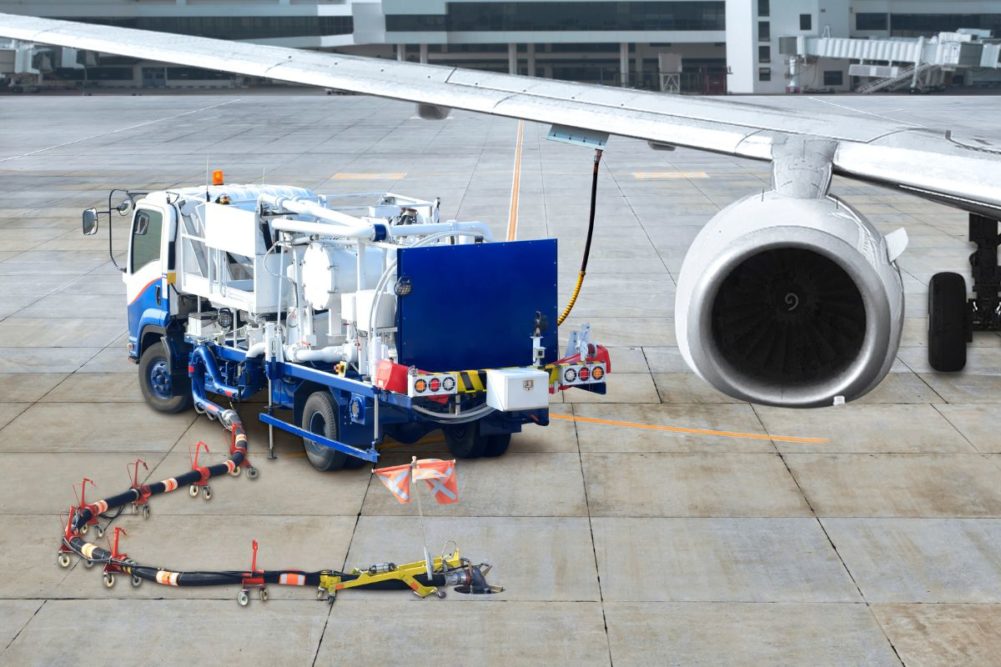SYDNEY, AUSTRALIA — GrainCorp, a leading Australian agribusiness and processor, and IFM Investors will explore the use of agricultural feedstocks in sustainable aviation fuel (SAF) as part of a new initiative the companies have launched through a memorandum of understanding announced Nov. 15.
The companies will conduct feasibility studies on SAF in Australia through long-term domestic feedstock supply including waste and residues, crop-based oils and bio-organics. IFM Investors’ portfolio companies include every major airport in Australia and other airports globally, while GrainCorp is the largest processor of renewable feedstocks in Australia and New Zealand.
“The need for sustainable aviation fuel continues to grow and, here in Australia, we have a significant opportunity to be at the forefront of global feedstock and renewable fuel supply,” said Robert Spurway, chief executive officer of GrainCorp. “We are excited to participate in this initiative with IFM Investors and look forward to finding effective ways to help reduce carbon emissions in the aviation industry.”
IFM Investors, headquartered in Melbourne, is focused on the potential to deliver sustainable fuel production facilities in Australia, and this initiative is the first step toward working with policymakers and the aviation sector to help boost efforts to decarbonize the industry through SAF use.
The feasibility initiative will examine and assess the following:
- long-term feedstock supply, including waste and residues, bio-organics and novel crops;
- key feedstock and SAF end user market locations;
- best-in-class sustainable farming practices, including opportunities to continue reducing the carbon intensity of feedstock product for sustainable fuels;
- long-term potential for a major sustainable fuels production industry in Australia, including an initial feasibility study for a SAF facility capable of producing a targeted 720,000 tonnes of renewable fuels annually.
The International Air Transport Association has estimated that SAF, which is produced from sustainable sources including feedstocks and agricultural produce, could contribute up to 65% of the emissions reductions required for the global aviation sector to reach net zero by 2050.
Australia’s Commonwealth Scientific and Industrial Research Organization (CSIRO) has found that the country has sufficient feedstock to produce approximately 5 billion liters of sustainable aviation fuels and supply around 50% of forecasted jet fuel demand in 2025.
Consequently, Australia is situated to become a significant global producer of SAF and an active participant in the new high value-add sustainable fuels industry, contributing to Australian GDP, securing Australian jobs and strengthening the nation’s energy security.
Currently, however, Australia does not have the refining capabilities required to produce SAF domestically, which means that feedstock is being exported, refined and purchased in the form of renewable fuel offshore.
“Through this initiative, we will explore the opportunity to build a new industry that can help bring down carbon emissions in the aviation sector, take advantage of Australia’s natural advantages, and create jobs,” said Danny Elia, global head of asset management for IFM. “We are working closely with others in the sector to find ways to help the aviation sector grow while reducing its carbon footprint as part of the energy transition.”




